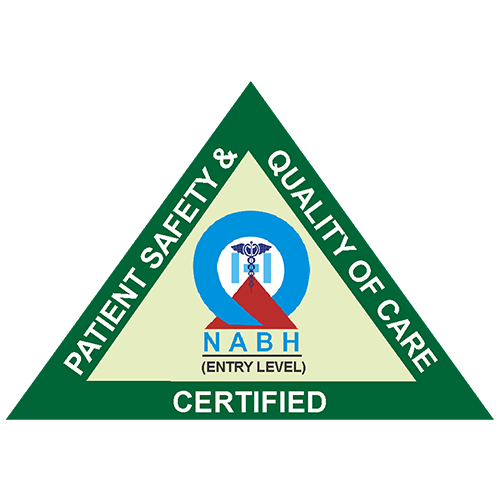Overview
Kidneys are vital organs that perform essential functions to maintain our health, including filtering waste from the blood, balancing body fluids, and regulating blood pressure. Protecting your kidneys from infections is crucial for sustaining their function and overall well-being. Here are some effective strategies to shield your kidneys and prevent infections.
1.Stay Hydrated
Proper hydration helps your kidneys remove waste from the blood in the form of urine.
Tips:
1. Drink plenty of water throughout the day.
2. Aim for at least 8 glasses of water daily, unless advised otherwise by your healthcare provider.
3. Adjust water intake based on physical activity, climate, and health conditions.
2.Practice Good Hygiene
Good hygiene can prevent urinary tract infections (UTIs), which can lead to kidney infections if untreated.
Tips:
1.Clean your genital area properly, especially after using the toilet.
2. Always wipe from front to back to prevent bacteria from spreading.
3.Urinate after sexual intercourse to flush out bacteria.
3.Maintain a Balanced Diet
A balanced diet supports kidney health by reducing the risk of diseases that can affect the kidneys.
Tips:
1. Eat plenty of fruits and vegetables.
2.Limit intake of salt, sugar, and unhealthy fats.
3.Avoid excessive consumption of red meat and processed foods.
4.Avoid Overuse of Medications
Some medications can harm the kidneys, especially when used excessively.
Tips:
1.Use painkillers and antibiotics only as prescribed.
2.Avoid long-term use of over-the-counter medications without medical advice.
3.Consult your doctor before taking any new medication.
5.Regular Check-Ups
Regular medical check-ups can help detect and treat kidney issues early.
Tips:
1.Schedule annual check-ups with your healthcare provider.
2.Get routine blood and urine tests to monitor kidney function.
3.Discuss any concerns or symptoms with your doctor promptly.
6.Manage Chronic Conditions
Conditions like diabetes and high blood pressure can damage the kidneys over time.
Tips:
1.Monitor your blood sugar levels if you have diabetes.
2.Keep your blood pressure under control through diet, exercise, and medications.
3.Follow your healthcare provider’s advice on managing chronic conditions.
7.Avoid Smoking and Excessive Alcohol
Smoking and excessive alcohol consumption can impair kidney function and increase the risk of kidney disease.
Tips:
1.Quit smoking and seek support if needed.
2.Limit alcohol intake to moderate levels or avoid it altogether.
3.Choose healthier lifestyle habits to protect your kidneys.
8.Exercise Regularly
Regular physical activity helps maintain a healthy weight and reduces the risk of chronic diseases that can affect the kidneys.
Tips:
1.Aim for at least 30 minutes of moderate exercise most days of the week.
2.Include activities like walking, swimming, or cycling in your routine.
3.Consult your healthcare provider before starting any new exercise program.
Conclusion
Protecting your kidneys from infections and maintaining their health requires a proactive approach. By staying hydrated, practicing good hygiene, maintaining a balanced diet, avoiding medication overuse, getting regular check-ups, managing chronic conditions, avoiding smoking and excessive alcohol, and exercising regularly, you can significantly reduce the risk of kidney infections and ensure your kidneys function optimally. Take these steps to safeguard your kidneys and support your overall health and well-being.




